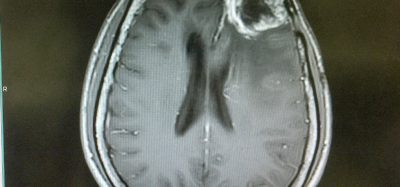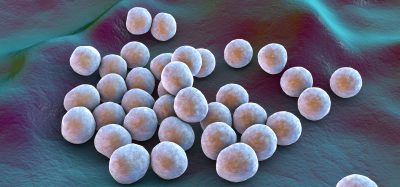Takeda and NsGene to research encapsulated cell therapies in Parkinson’s disease
Posted: 8 January 2016 | Victoria White | No comments yet
The partnership will focus on the delivery of recombinant Glial Cell Line-Derived Neurotrophic Factor to affected brain regions by way of implanted, encapsulated cell therapy devices…


Takeda and NsGene are to develop encapsulated cell therapies for the potential treatment of Parkinson’s disease.
The partnership will focus on the delivery of recombinant Glial Cell Line-Derived Neurotrophic Factor (GDNF) to affected brain regions by way of implanted, encapsulated cell therapy devices.
GDNF has been pursued as a neuro-regenerative growth factor that holds promise in the treatment of Parkinson’s disease, but has met problems in delivery of drug to the affected portions of the diseased brain. This collaboration will explore the potential of surgically implanted recombinant cells housed within a device to directly secrete GDNF on site to promote neuron survival and regeneration.
NsGene developed the technology
NsGene has developed the experimental technology that originated at Brown University into a clinically applicable cell therapy platform. The device contains genetically engineered cells encased in an immune-shielding capsule that can continuously produce therapeutic levels of biotherapeutics for an extended time after implantation. GDNF is a neurotrophic factor that has been shown in preclinical systems to promote axon growth and protect dopaminergic neurons when delivered directly to the diseased cells for an extended duration.
NsGene will receive funding from Takeda for technology development that enables NsGene to complete critical scientific milestones needed for clinical trials and further constructive partnering. Further details of the agreement were not disclosed.
Takeda is considering regenerative medicine as a potential new modality to treat diseases and is committed to supporting such research. The research collaboration with NsGene marks one of Takeda’s efforts to explore a novel biologics modality and implantable drug delivery system that could potentially make an impact in the lives of many patients.
Related topics
Drug Delivery, Gene Therapy
Related conditions
Parkinson's disease
Related organisations
Takeda Pharmaceutical Company Ltd








